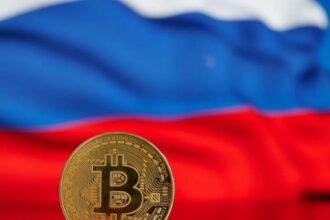Black Friday has evolved from a major shopping event in the United States to a phenomenon hosted by retailers globally.
There are a few theories about the origins of Black Friday. One theory suggests the retailer bonanza originated in the 1960s in Philadelphia. Police allegedly used the term to describe heavy and disruptive pedestrian and vehicle traffic build-up the day after Thanksgiving.
Police officers worked long hours to manage the chaos, and the term “Black Friday” was supposedly coined to describe the day as a kind of financial “black” or profitable day for retailers.
The idea was that retailers would go from being “in the red” (operating at a loss) to being “in the black” (turning a profit) due to the surge in sales.
Another theory is that the term originated in the 1960s or earlier and refers to the point in the year when retailers would begin to turn a profit, moving from being “in the red” to being “in the black.”
This profitability was attributed to the increased shopping activity on the day after Thanksgiving, as people started their holiday shopping.
Brics nations Black Friday
While the day has become a significant shopping event in the United States, it has also gained popularity worldwide.
Retailers in different parts of the globe host similar shopping events.
Additionally, the rise of online shopping has led to Cyber Monday, the Monday after Black Friday, which focuses on online deals and promotions.
Similarly, the BRICS group went from a term coined by an investment banker to a real-world powerhouse emerging block of nations with increasing spending power.
Black Friday has become popular in emerging nations like BRICS due to economic growth, globalisation, adaptation of retail practices, and cultural influence.
The event’s growing popularity in these countries demonstrates its ability to adapt and expand to new markets, making it a significant event in the global shopping landscape.
The BRICS countries have experienced strong economic growth in recent years, which has increased their consumers’ disposable income and their ability to participate in shopping events like Black Friday.
As the world becomes more interconnected, events like Black Friday become more accessible to consumers in emerging nations.
The rise of e-commerce platforms and online shopping has also made it easier for people in these countries to participate in Black Friday sales.
Retailers in emerging nations are adapting their strategies to attract customers and stay competitive during the retail bonanza. This includes offering impressive discounts, promotions, and special deals to attract shoppers.
WATCH: Black Friday 2023 in South Africa
ALSO READ: De-dollarization: Is there a new BRICS currency? Here’s what we know













